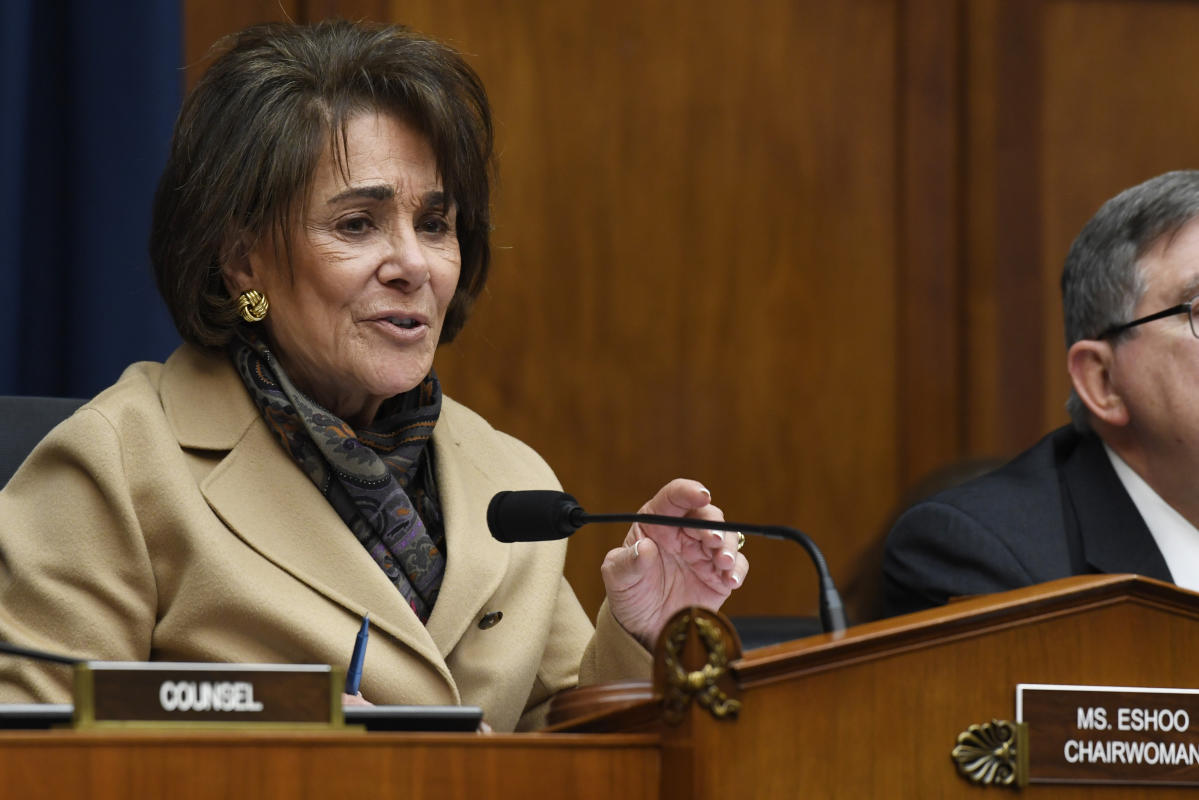Katie Moncrief has died at age 98. Her name, enshrined in Wekiva River lore, lives on.
The generational efforts of Central Florida to protect its fabled Wekiwa Springs, Wekiva River and Wekiva wilderness of wetlands, forest and sandy hills stands as perhaps the region’s defining act of environmentalism.
The quest has been joined by defenders of many stripes – eco-warriors, scientists, governors and legions of ordinary people offering little more than concern for Florida’s outdoors.
There was a person who encouraged not just fighting for the Wekiva River but doing so while exploring and enjoying it: Moncrief, whose Katie’s Landing canoe outpost along the river, now a state park, made it possible for so many to do that.
With her husband, Russ, Moncrief brought an astounding number of local and international visitors – likely more than a quarter-million – to the Wekiva and its tributaries, the Little Wekiva and Rock Springs Run.
She would exemplify something assuring: Be nice to nature and nature will respond in kind.
Aging remarkably well into her 90s, with 16 grandchildren and two-dozen great and great-great grandchildren, and remaining in her home overlooking Wekiva waters, Moncrief was physically fit and mentally as clear and forceful as currents surging from Wekiwa Springs.
“It was in her heart to protect the river,” said her daughter, Leslie Hill. “She wanted to let people know of it as the treasure it is.”
Before anyone assumes Moncrief was a high-minded bunny-hugger, according to Hill and her sister, Spring Rosen, their mom cast quite another impression.
They described her as sparkling, curious, humorous, lively, enthusiastic and resilient with a zest for life.
In her 70s, she was still slinging canoes, loading and unloading them from trailers, and toting them to the river’s edge.
Moncrief’s inhibitions were minimal, as no small number of family and friends were aware. At home, she often did the dishes, washed laundry and vacuumed while unclothed.
Rosen and Hill, laughing, said if their mother heard them mentioning that, then she, too, would be laughing.
“It’s the truth, so we might as well share it,” Rosen said. “She wasn’t timid, she wasn’t shy.”
Katie and Russ Moncrief married in 1969, with each coming from previous marriages. She had been a secretary and he retired in the early 1970s as the dean of vocational planning and development at Seminole Community College in Sanford.
In 1974, they bought a six-acre, bait-and-beer fish camp on the east side of the river off Wekiva Park Drive north of State Road 46 in Seminole County.
Until then, according to an Orlando Sentinel article in 2001, there was nowhere along the river to rent a canoe for a day.
Russ would be the ideas and inspiration partner, while having suspect canoe skills.
Katie would do the rest: boat wrangler, nature interpreter, safety officer, van driver and more.
The Moncriefs turned to a friend, Hartwell Conklin, a public relations specialist and something of a storied Orlando character, for guidance.
From that association, a brand emerged – Katie’s Landing – as did a strategy for marketing aimed at British tourists, Disney workers and environmentalists. Word of mouth would help elevate Katie’s into a must adventure.
For a Sentinel story in 1990, the Moncriefs estimated they were drawing about 8,000 visitors a year. For a Miami Herald story in 1997, their estimate had risen to 12,000 annually.
The Moncriefs operated Katie’s for 27 years, which if the yearly count was rounded to 10,000 meant they delivered 270,000 visitors to the Wekiva’s environs.
In the late 1970s, the Moncriefs began to assemble with others worried about the 16-mile-long river’s deterioration from declining flow, pollution and crushing development at its flanks.
In 1982, they established the Friends of the Wekiva River, a watchdog for threats and lobbyist for solutions.
Steadfast and determined, the group was at the core of a greater campaign for development restrictions and the state purchase of 70,000 acres of Wekiva lands. It also pushed for environmental safeguards as part of a controversial proposal to build the Wekiva Parkway expressway across the river.
Moncrief had a hand in all, as well as in handing paddles to river newbies.
“Katie understood that to know the river is to love the river and we protect what we love,” said Nancy Prince, another founder of the group.
The Moncriefs regularly hosted outings for groups at no charge if their intent was education, advocacy or otherwise beneficial to the river.
A little more than a quarter-century after Katie’s Landing began, the river in 2000 won a prized and uncommon recognition.
The Wekiva River was designated as a national Wild and Scenic River, a prestige accorded to only one other in Florida, a state laced with rivers, the Loxahatchee.
A year later, the Moncriefs sold their canoe outpost to the state Department of Environmental Protection and Seminole County.
The canoe outpost was renovated to have state park features: It is now Katie’s Landing at Lower Wekiva River Preserve State Park.
Russ passed away in 2015. Katie Moncrief is survived by her two daughters and her husband’s two sons and daughter. One of her daughters and a step-son had died previously.
Moncrief relied on supplemental oxygen during her last year. She was hospitalized with failing organs and about to return home Wednesday, Jan. 10, when she died.
A celebration of life will be at 3 p.m. on Feb. 2 at Katie’s Landing. Her family is encouraging attendees to wear bright, floral colors and in lieu of flowers donate to Friends of the Wekiva River.
“To her, physical connection with the river was inherent with understanding how to advocate for it,” said Jay Exum, a Friends of the Wekiva River leader. “One didn’t come without the other.”
Signup bonus from





